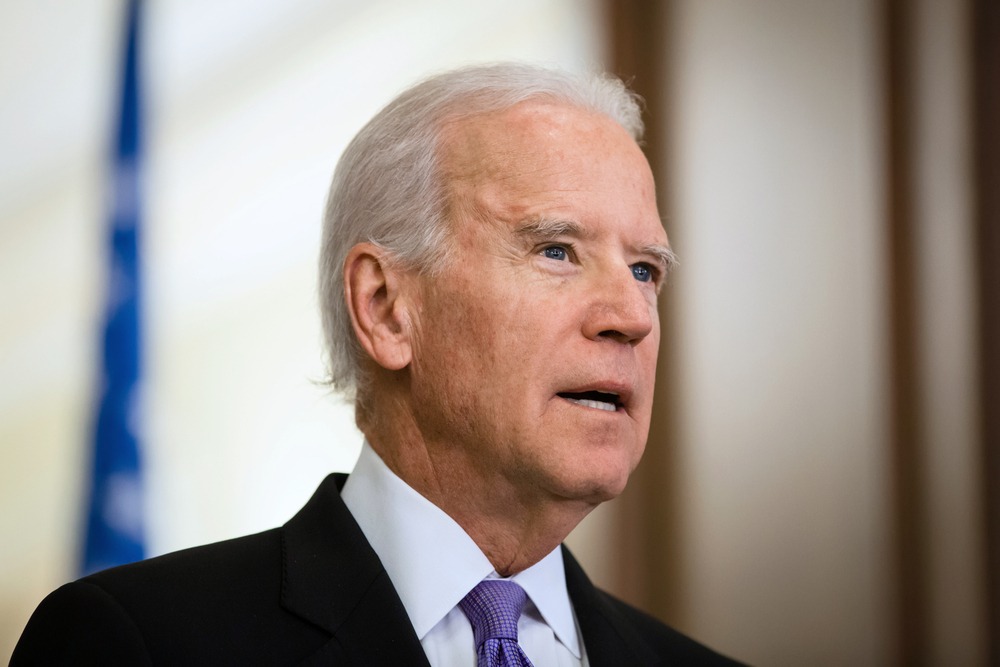Concerns grow among Democratic candidates in battleground states over President Biden’s low approval ratings, apprehensive that this might affect not only the White House but also their own election prospects.
The worries plaguing Democrats in crucial states due to President Biden’s diminishing popularity are echoed in recent reports from The New York Times. Concerns arise not merely about the presidency but also about the potential impact on other candidates sharing the ballot.
Democratic candidates express apprehension regarding Biden’s lack of organization and his ability to resonate with voters in pivotal states. Statistical evidence reveals significant gaps between Biden’s support and that of other Democratic candidates, particularly among key voter demographics like Black and Latino Americans.
Specific instances from Arizona, Michigan, and Georgia highlight Biden’s struggles to secure support among Hispanic, Black, and Arab American voters, raising concerns about his campaign’s efficacy in those areas.
This data underscores the vital role of public sentiment in shaping electoral outcomes. It emphasizes the need for a robust, localized campaign strategy beyond the presidential realm to engage voters effectively.
From my perspective, this information accentuates the significance of comprehensive campaign approaches and localized strategies. It illuminates the challenge of bridging the enthusiasm gap among voters and emphasizes the importance of engaging with diverse voter groups.
The concerns among Democratic candidates persist, casting doubt on Biden’s current strategies. The challenge lies in engaging voters effectively and addressing their concerns to ensure broader support before the elections.
The analysis is drawn from information presented in The New York Times.



